War changes all the rules and principles of journalism
An objective example of reporting in war conditions
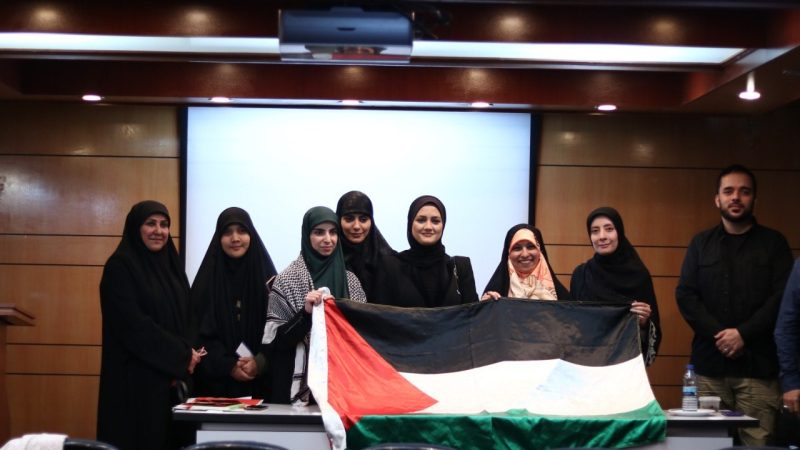
Israa Albhaisi said: War changes all the principles and rules of journalistic work. There have been many times when we did not have access to clean water and had to drink spoiled water.
According to the news headquarters of the 2nd Sobh International Event, the professional workshop “Journalism in War” was held on the third day of the 2nd Sobh International Media Festival. The workshop featured Palestinian journalist Israa Albhaisi, a reporter for Al-Alam Network, who shared her years of experience in the field of war journalism and focused on preparing reports.

Albhaisi began her speech by stating, “In this meeting, I want to talk about the essential skills a journalist must possess and answer the important question: how should a journalist work in a war zone?” She continued, “During the recent war in Gaza, we were not only victims, but we also had to be present at every significant war scene and cover important events. This is the essence of a war reporter’s work—to maintain their own safety and security while being present at every significant moment.”
She added, “As a war reporter, I have learned to always be prepared. I have a special outfit that I always wear, and I am always ready for my phone to ring and be summoned for something. While some may say this blurs the line between my personal and professional life, I believe that to be a successful journalist, especially in a war zone, work must always come first.”

Albhaisi emphasized the importance of being ready for emergency situations at any moment, stating, “I have even taught my family about this preparation. My husband is also a journalist, and I have taught my daughter what to do in an emergency situation to stay safe. In a war zone, conditions are unpredictable, and anything can happen at any moment.”
When discussing the challenge of reporting from the war scene, Albhaisi explained, “There are times when something happens miles away and I am unable to be there, and as a journalist, I cannot be everywhere at once. In these situations, I rely on people and the reports they send me. I have even made my personal Instagram page public so that anyone can send me their reports.”
She continued, “But the basic question here is, how can you trust these video reports and know their accuracy? First of all, I must say that when news comes from three different sources, it can be trusted to be true. In addition, it is more reliable if the reports are in video format, showing the exact time and place. Let me address an important issue: war alters all the principles and rules of journalistic work. There have been many times when we did not have access to clean water and had to drink water that was contaminated.”

She continued her speech by mentioning an example and saying, “For example, they say that a journalist should put aside their feelings in war and rely on their rationality, but is it possible to do so? I cried three times: once when a mother called me and said, “This is my first child who lost his life; please help me pull my second child out from under the rubble.” Another time was when my house was bombed, and I had to pull out my child’s toys from under the rubble. The third time was when I was bathing my friend. As a reporter, you are tasked with filming the ruins and the people left behind. Is it possible to control emotions in such situations? A family that lost all its members was seen. My house was targeted, and I bathed my friends.
The Al-Alam reporter stated that during wartime, the enemy may send a threatening message warning against publishing certain information. The message may include threats to the lives of the journalist and their family if the information is made public. For this reason, many people are hesitant to rent a house to journalists, fearing that they may attract unwanted attention and put their property at risk of being targeted at any moment.
She described the story of preparing one of her reports and said, “I was once informed that a number of women had been raped. It was natural that discussing such a subject with women was not easy. What should I do in this situation? On the one hand, information must be provided, and on the other hand, it is difficult to obtain information in this field. I decided to go with a group of these women. At first, I put the camera away and talked to her like a friend to make her feel safe. After establishing a friendly relationship, I explained to her that her reputation would not be tarnished. We aim to highlight the extent of brutality among Israeli soldiers by sharing this information. Finally, she agreed to be interviewed, and I was the only reporter who was able to gather information and prepare a report on this subject.
The 2nd Sobh International Media Event, with Mohsen Yazdi as the festival director, started on May 19 in three sections: “Main,” “IRIB World Service,” and “Palestine Special” with the screening of documentary, animation, and short film works, along with the holding of professional workshops on the topic of media.
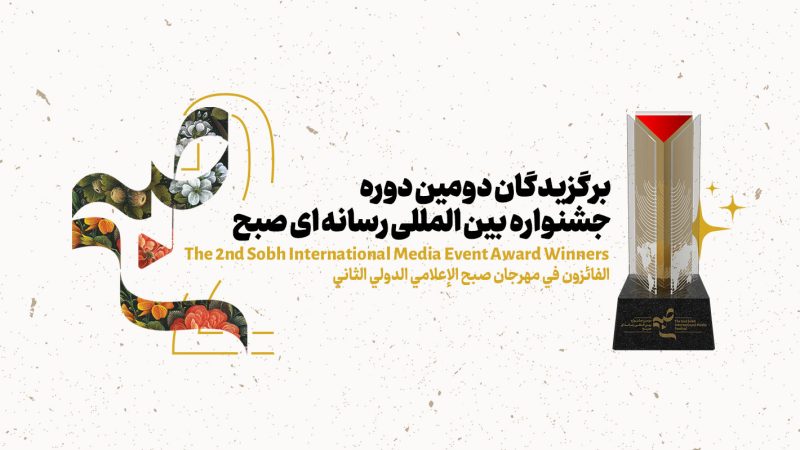
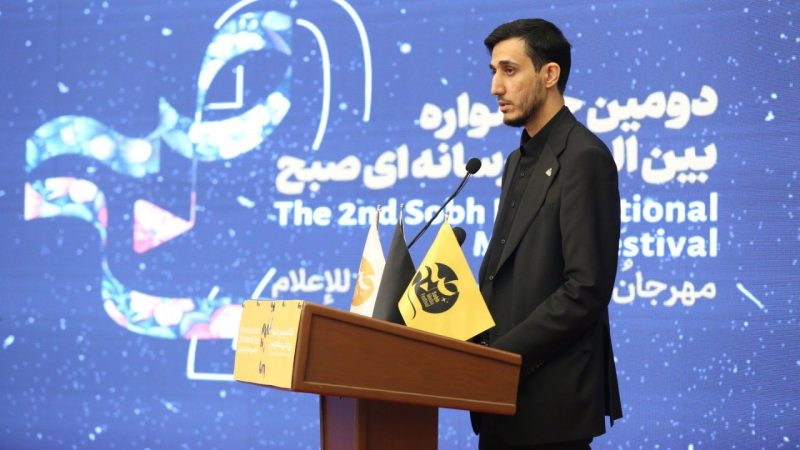
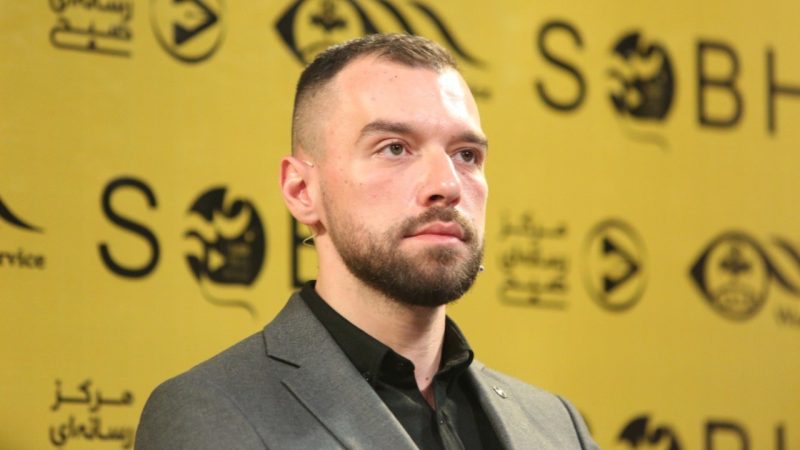
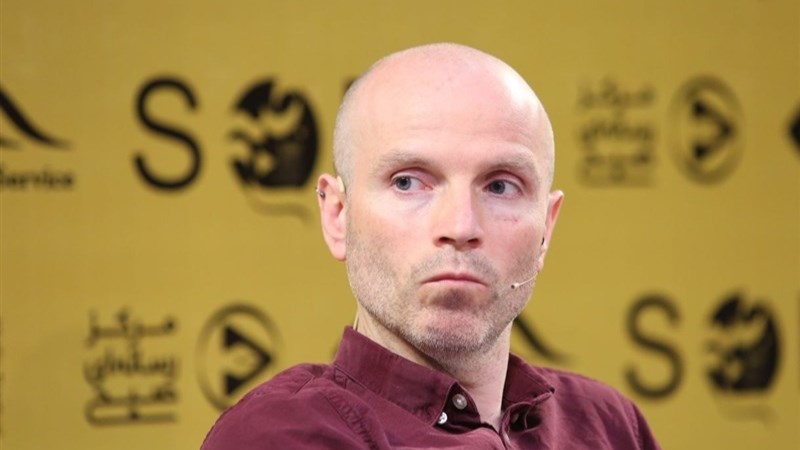
No Comments